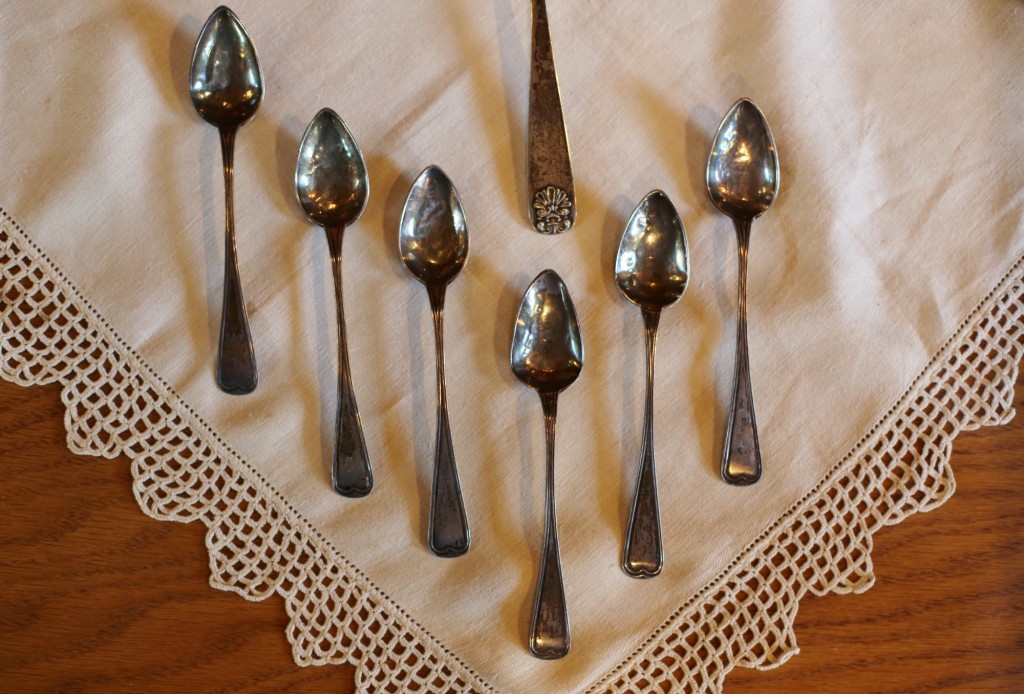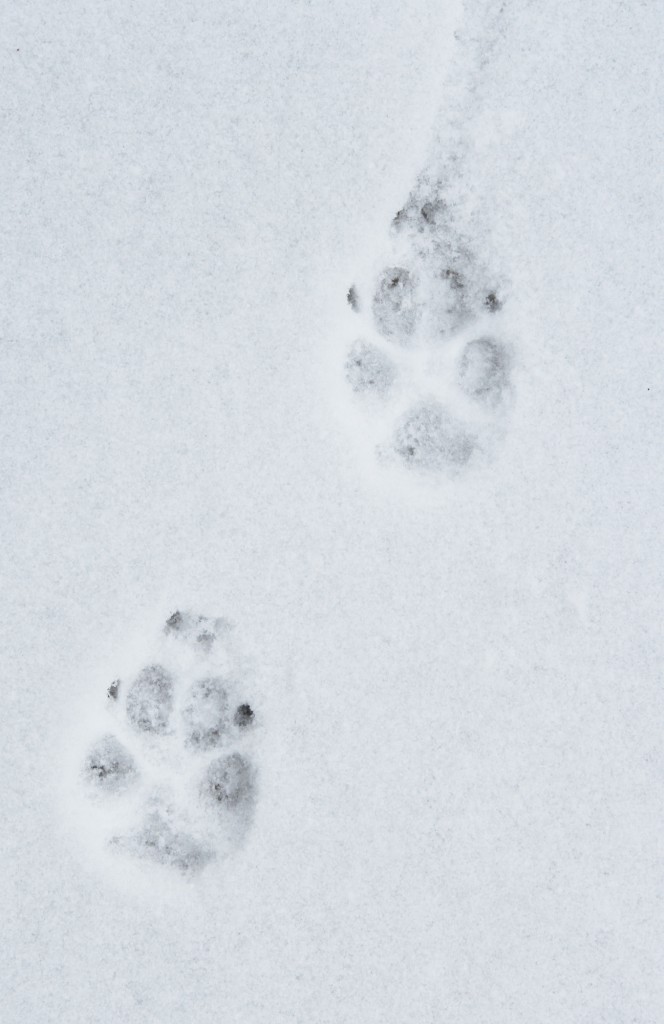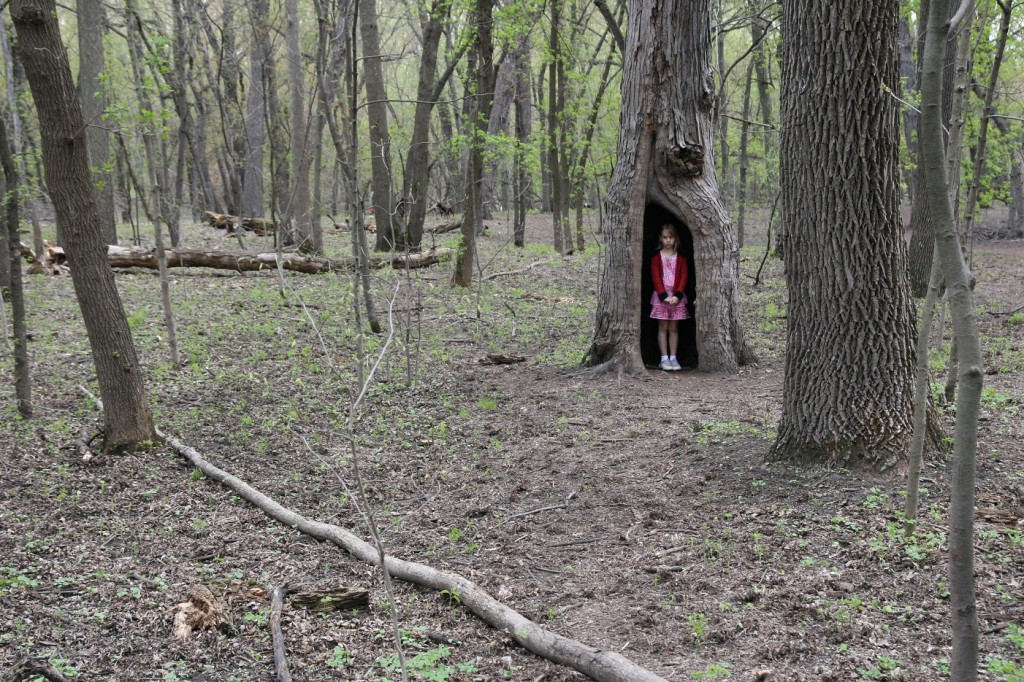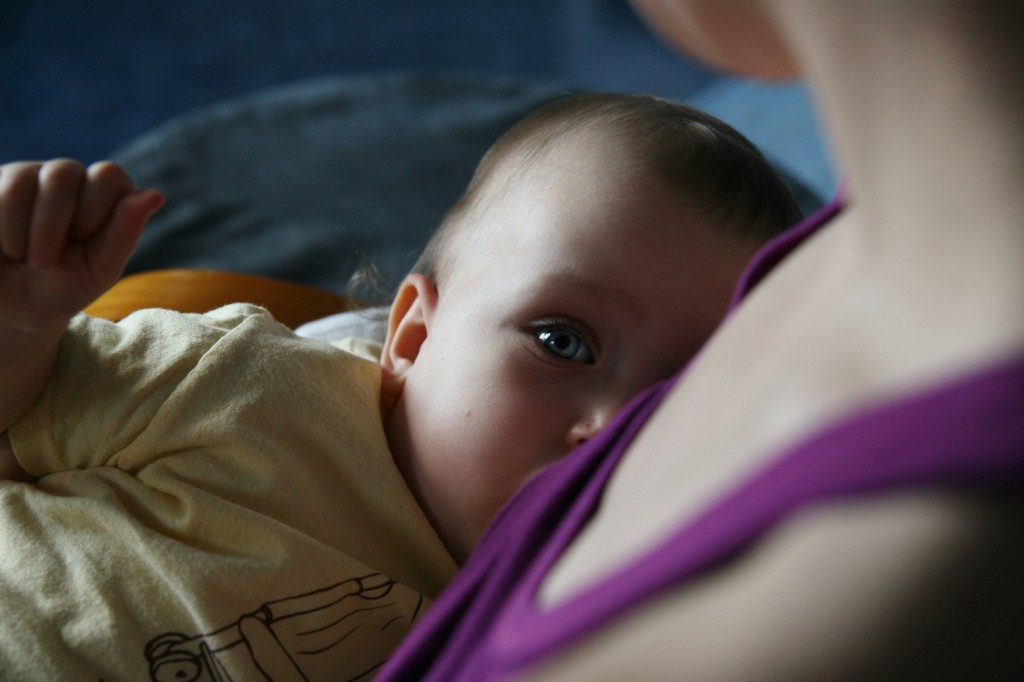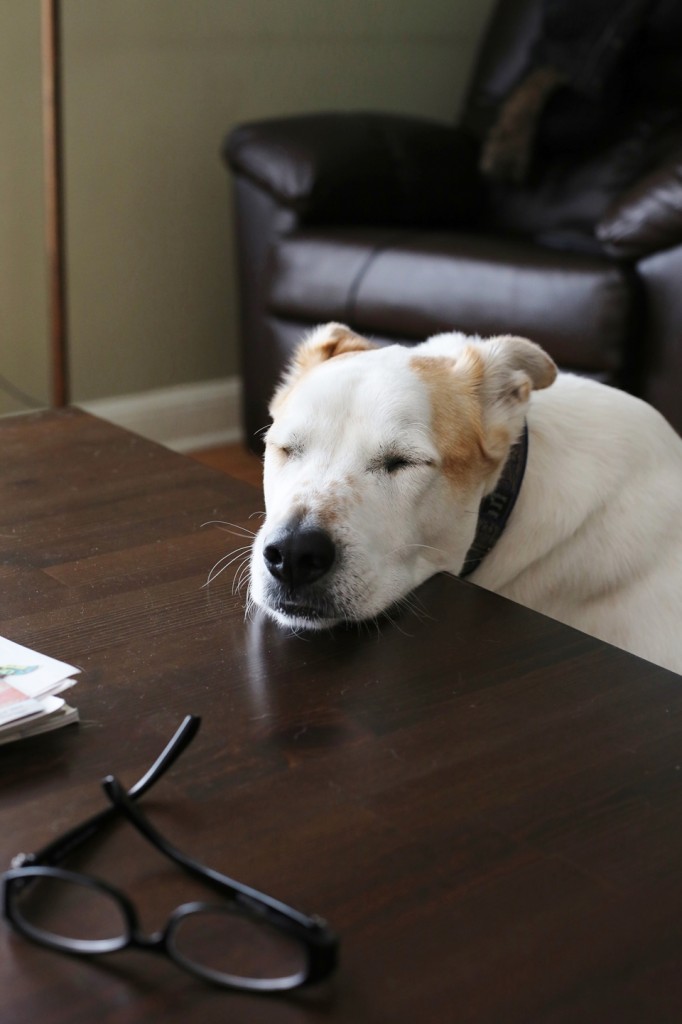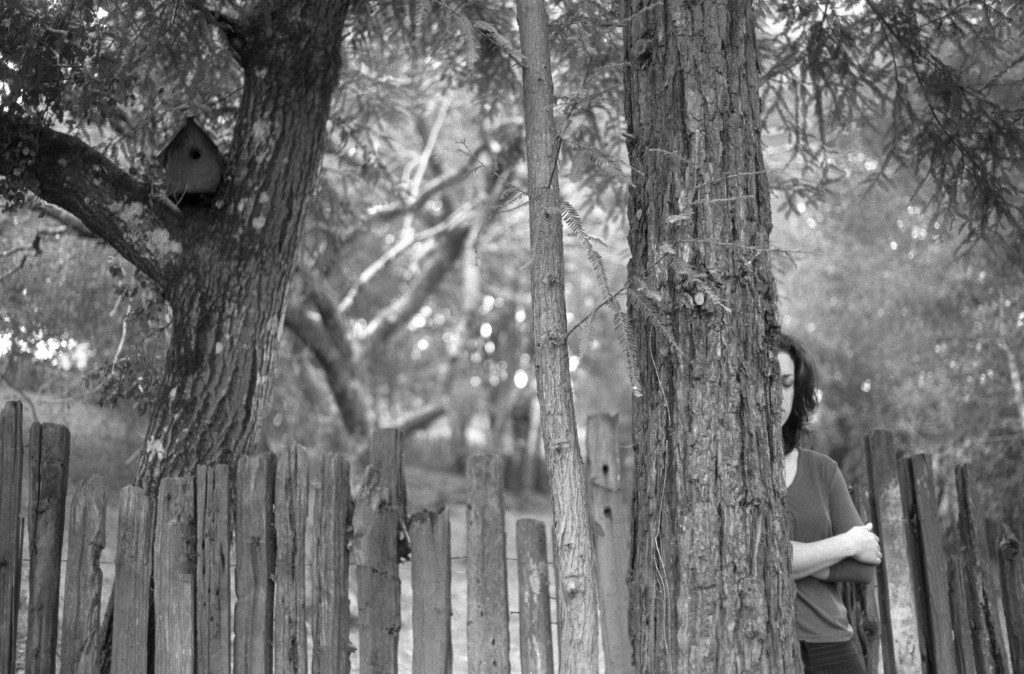
By Melissa Duclos
In the early stages of my parents’ divorce, we started talking a lot about boundaries. Growing up we had none. My parents had been young when they had kids: twenty-four, then twenty-five, twenty-seven. At that age, I was still learning about the proper nurturing of hangovers. (A tablespoon of honey before bed, Advil and water in the middle of the night.) But my parents spent their mid-twenties raising babies. By the time my brother, sister, and I made it through college, my parents seemed relieved that we were all finally adults; now we could all hang out.
Even before the divorce, I knew more about my parents’ sex life than I did about most of my close friends’. At some point during my sister’s stint in therapy (all three of us had them), she started talking about boundaries, and it became a thing we’d sigh and roll our eyes about, comparing stories we never should have heard. It was nice to have a name for the thing we’d lacked. But we laughed about it too, treating missing boundaries like an annoying but fundamental aspect of our family, like our deep reverence for our Christmas traditions.
During the divorce, it stopped being funny. When my dad’s anger—at my mother, my brother, my sister—overtook him and had nowhere to go but into my ears, into my heart, I started thinking about walls and fences. About the differences between them.
“I can’t take this anymore,” I said to him during one conversation that had started with a list of ground rules that I attempted to present to him for our talks and ended with him screaming at me.
“Oh, you can,” he said. “You’re strong. You’re not going to die tomorrow.”
There was a small and fucked-up part of me that took that as a compliment.
But then I remembered that I was tired of being strong; I wanted to be protected.
•••
In some ways walls are easier. You can build them by yourself. Gather the stones: roundish but flatish, their shades of gray and their heft a reflection of your heart. Stack them carefully and pour cement between the cracks. You will sweat and you will curse, but eventually the person on the other side of your wall will disappear from view.
I thought about building a wall against my father. My father, who could not contain his anger or respect my ground rules. But he was also my father who flew across the country and stayed for three weeks when my daughter arrived a month early and my husband and I were barely holding our young family together; my father who would rock my fierce and jaundiced baby from eight until ten every night while my husband and I slept, steeling ourselves for the night ahead; who mounted shelves in our mudroom—anchored, he showed me, those suckers never coming out—even after he loaded them with mason jars, dinners that would last us for months. I thought about boundaries and pictured the wall I could build, and then I heard my son asking to call Grampa, to Skype with Grampa, to go and visit Grampa and maybe this time go fishing and the wall in my mind crumbled, an impossibility.
It would have to be a fence. Forget about white picket. We were long past that. I pictured split rail instead, the wood rough and splintery, already bleaching in the sun. Not a week after I erected it in my mind, my father simply climbed right over.
“Listen, I need you to ask your mother something for me. If you’re comfortable doing it. It’s a simple yes or no question.”
My mother has a wall: a new address and phone number that my father doesn’t know and filters on her email to keep his messages from ever touching her eyes. Her wall is guarded by lawyers, but not against me. Of course my father knew this.
“Okay,” I answered hesitantly. I was standing in a corner of a crowded Hertz office at the San Francisco airport, surrounded by a pile of bags and car seats. As my children ran in circles around me, pausing occasionally to eat trail mix off the carpet, and my husband stood behind seventy-five other people in line to get our car, I cursed myself for returning my dad’s call. But I’d wanted to get it over with, whatever he wanted.
“I need you to just ask her if she is willing to start paying me for half the mortgage. Just yes or no. I need to know right away for the bank.”
“That seems like a question for the lawyers,” I answered.
He launched into a much longer explanation that I didn’t follow then and still don’t understand now, the point being that it was a simple thing really. He’d been prepared to pay her for half, and now she would just be paying him. Simple.
The question of what to do with the mortgage and who gets to keep the house is, of course, one of the central questions of the divorce, hanging in the air until a judge decides how to divide up thirty-nine years of my parents’ lives. My dad talked fast, and the noise from the rental office was deafening. My children screamed and jumped around and my daughter started licking my thigh, passing her tongue fully up and down over my jeans until they began to soak through, and I really had no idea what he was asking. I briefly imagined a world in which divorces were settled via messages passed through middle children. I refused to ask her. For a moment, I thought my fence might hold.
It didn’t hold. After I called my mother and fumblingly asked her a question that I didn’t fully understand but still knew was ridiculous, I felt like a failure. I wondered if I would spend the rest of my life caving in to other people’s demands of me, bullied and unprotected.
Metaphors can explain, and they can also absolve. Imagining that split rail fence—the awkward weight of the wood in my hands, difficult to hold, nearly impossible to nail into place by myself—made the setback easier to take. I hadn’t failed; I just really didn’t know how to build a fence.
•••
What seems to have saved my father and me were conversations that didn’t require fences. Conversations important enough to drown out the divorce: my disappointing news from the mortgage lenders first, then the drastic and inexplicable degeneration of his vision, the subsequent eye exams, diabetes tests, MRIs. I live across the country from my father but I was his emergency contact, the only family member at the time without a wall. His MRI was scheduled for eight in the morning, East Coast time. “I know it will be early for you,” he told me, “but can you leave your phone on, just in case?” I left my phone on and tried to imagine what a tumor in my father’s brain would do to my fence.
He doesn’t have a brain tumor. After a barrage of tests, his doctors could find no explanation for his loss of vision. He saw a new ophthalmologist, a better one, who gave him a new prescription and told him to come back in a couple months for another check. Wait and see. During the weeks that this unfolded, the pressure I felt from my father—to absorb his anger or deliver his messages—subsided. Maybe he came to understand the boundary I needed, or maybe my mother simply faded from his view as he was forced to navigate his first health crisis without her. Either way, he has left me alone since then, just me and my fence.
•••
I don’t know any more of the details of the divorce—the date of the hearing or who is asking for what, who is stalling or refusing to compromise. I don’t know how my parents spend their evenings, my father in the house I grew up in, my mother in her apartment; don’t know what my father eats for dinner, if he eats it at all; don’t know any longer the shape of his anger, of my mother’s sadness.
While ignorance has turned out to be an important rail in my fence, it’s a difficult one for me to maintain. In the vernacular of my family, “keep me posted” means I love you. We amass each other’s disappointments and anxieties as a way to show we care, and then we trade them, like currency. A middle child, I was always rich in other people’s problems. I am trying to equate ignorance with freedom, but right now it just feels like poverty. I built the fence, though, and now I have to stay behind it. It’s lonely here, but I tell myself that I will get used to the terrain.
•••
MELISSA DUCLOS received her MFA in creative writing from Columbia University and now works as a freelance writer and editor, and writing instructor. She is a regular contributor to BookTrib, Bustle, and Mommyish, and the founder of The Clovers Project, which provides mentoring for writers at various stages in their careers. Her fiction has appeared in Pound of Flash, Blue Skirt Productions, Scéal, and Bodega Magazine (forthcoming) and her non-fiction in Salon, Electric Literature, Cleaver Magazine, Fiction Advocate, and English Kills Review. Her first novel, Besotted, is a work of literary fiction set in Shanghai, for which she is seeking representation. She tweets at @MelissaDuclos.

 Follow
Follow
